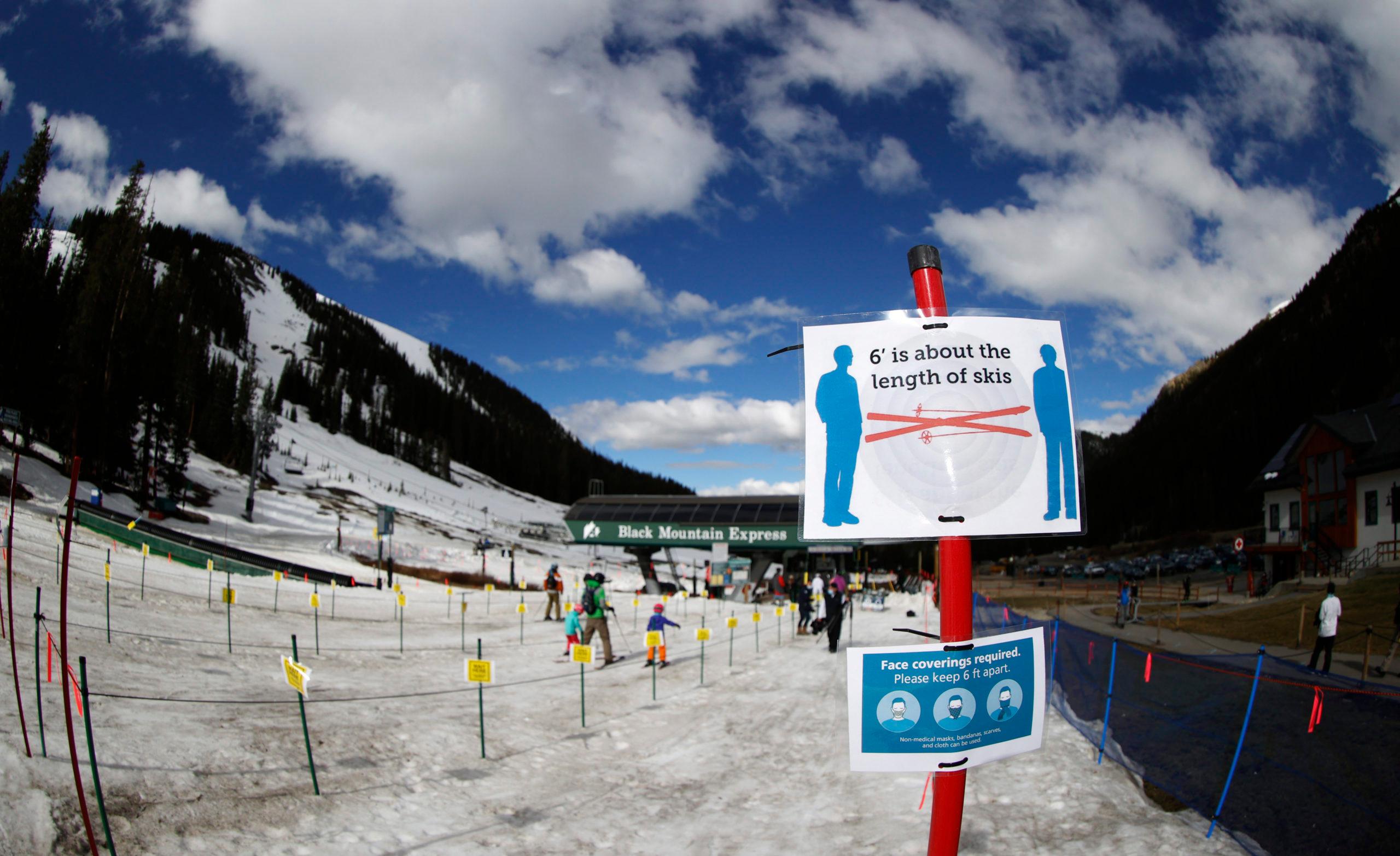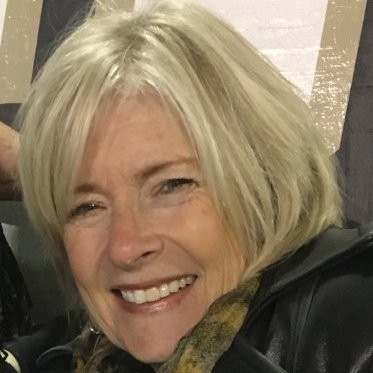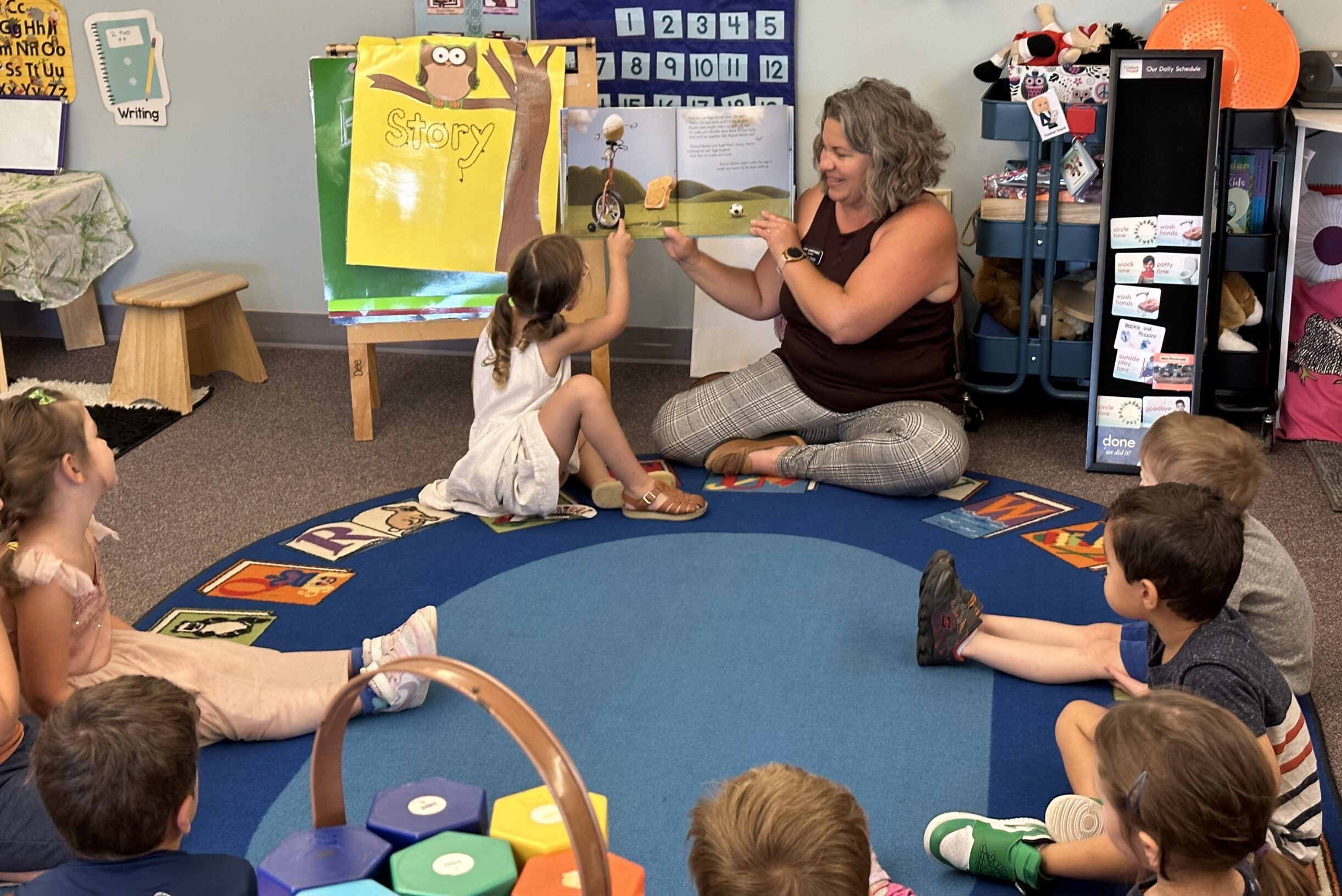
Memorial Day weekend typically signals the unofficial start of the summer travel season. The coronavirus, however, now has a lot to say about where people can go and what they can do — especially in a tourist-friendly Colorado.
As Cathy Ritter, the director of the state’s tourism office, sees it, the new normal calls for out-of-state travelers to respect Colorado’s pandemic regulations.
“Our new definition for responsible travel is care for the destinations and for people who call destinations home,” Ritter said. “Seems like a no-brainer, but this is a unique view. Other states are watching to see how we do it.”
It’s not just the rules, it’s also what and how places are open. Both Rocky Mountain National Park and Arapahoe Basin Ski area re-opened their doors to the public on May 27, with some limits.
For instance, tourists who drive up to Estes Park to visit Rocky will find that the visitor center is closed and limited recreation and services including basic park road and trail access.
At A-Basin only 600 people will be allowed on the slopes each day. Face coverings are required and visitors must allow 6 feet of social distancing.
Skiers and boarders need a reservation and the initial demand crashed the resort’s system. The resort has since moved to a daily drawing to sort out who will get a lucky ticket to ride the slopes.
There is confusion from people who own second homes, especially those from states which are coronavirus hotspots. Floridian George King asked if he’d be turned around at the state border.
“Is there any issue driving from Florida to Colorado with Florida plates on our vehicle?” he wondered.
Rest assured, Ritter said that “Colorado’s borders are open for people driving into the state.” The caveat, of course, is that tourism officials would again remind travelers to respect the state pandemic rules.
The other side of tourism is the businesses that rely on and cater to summer visitors. So far, Colorado tourism spending is down 86 percent from the same time a year ago.
For business owners in the San Juan Basin, which includes Durango and Pagosa Springs, the loss of summer dollars may prove devastating. Rafting companies, jeep tours and hotels depend on the million and a half tourists who normally visit annually.
Diane Wildfang, the owner of the Rochester Hotel in the heart of Durango, said she stands to lose half-a-million dollars. Despite that, she is not going to open up any time soon, even with eased restrictions.
“We can't just open with the big unknown out there, the elephant in the room, so to speak,” she said. “It's going to be costly. We'll lose this summer for sure.”
As reservations cancel through June, Wildfang said she is issuing daily refunds.
“We had a really full summer and it is very heartbreaking.”
She’s not alone. While Ritter said there’s an obvious financial need to reopen, it “has to be weighed against the very real public health concerns.”
It’s been a challenge in each of Colorado’s 64 counties, where public health officials have to make tough decisions. Liane Jollon, director of San Juan Basin Public Health, is very aware of the balancing act between people’s lives and their livelihoods.
"If we continue to see spikes in disease and outbreaks, that's going to be every bit as harmful to our communities and our financial health as the social distancing that we have all suffered through over the last few months. We're all in a difficult and frustrating position together and we know that we will not be able to recover economically without also having good solid public health to slow the spread of infection.”









